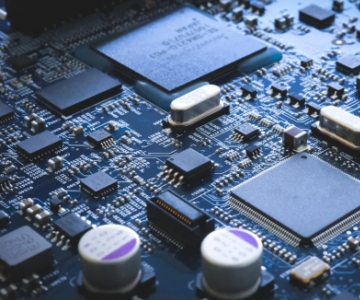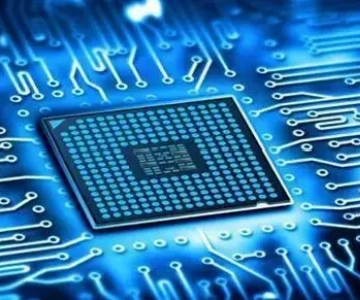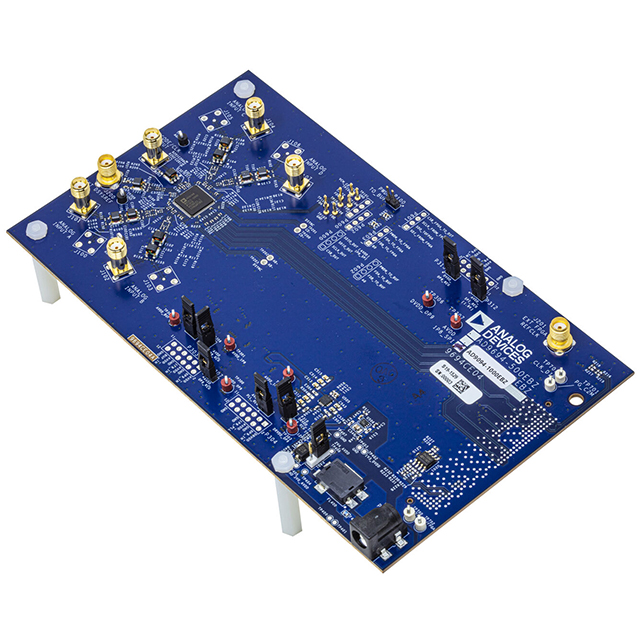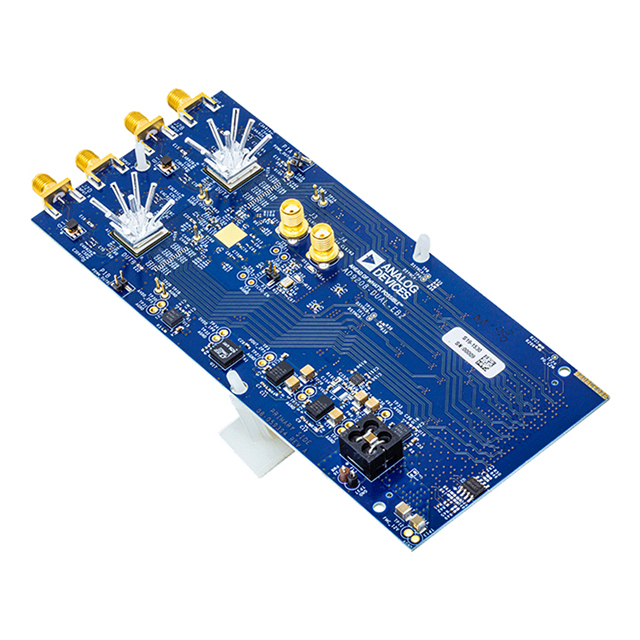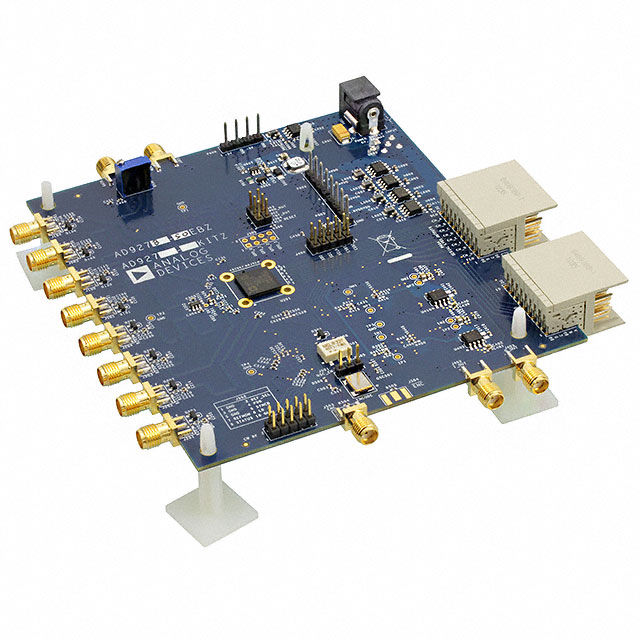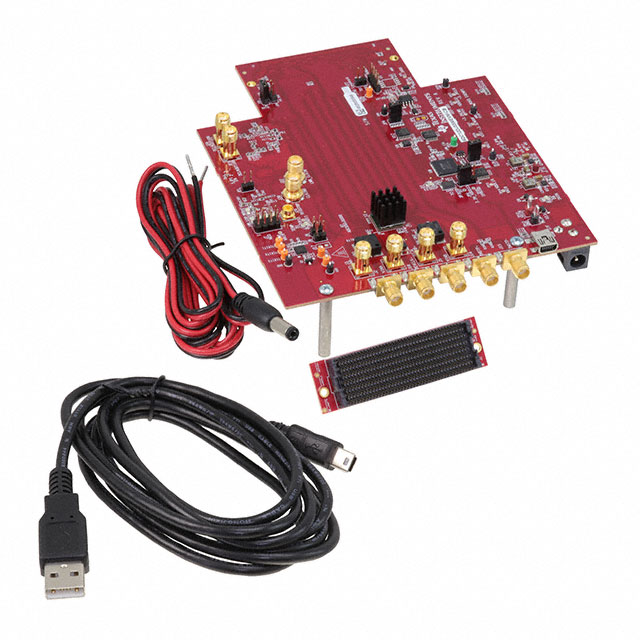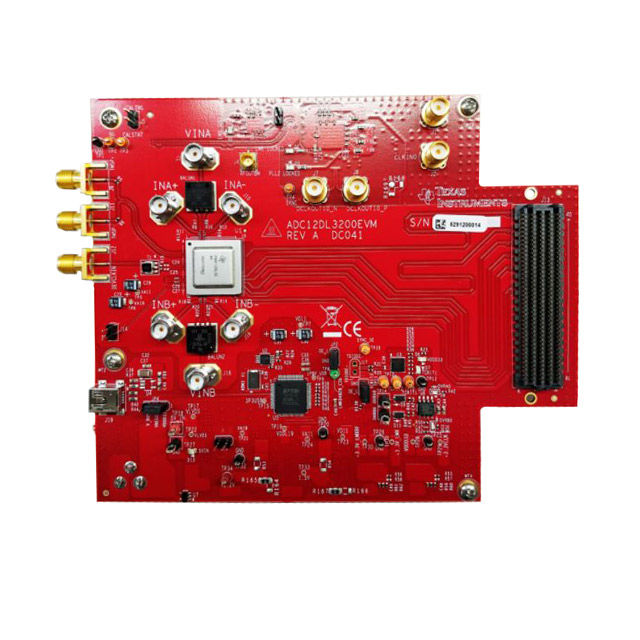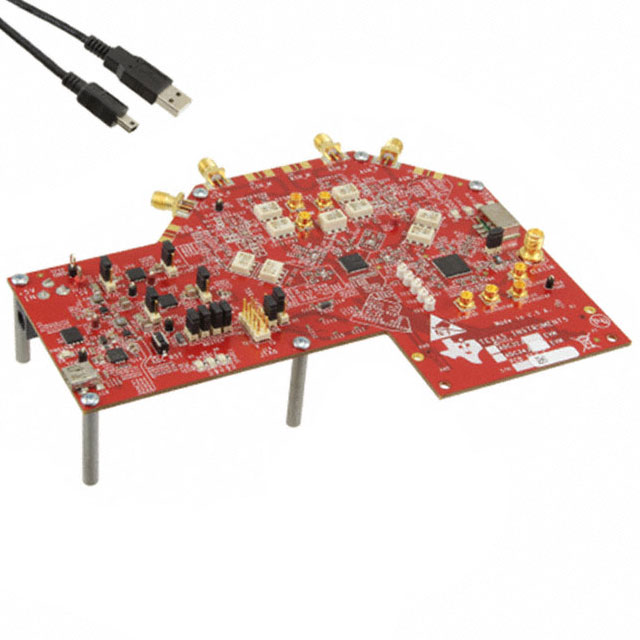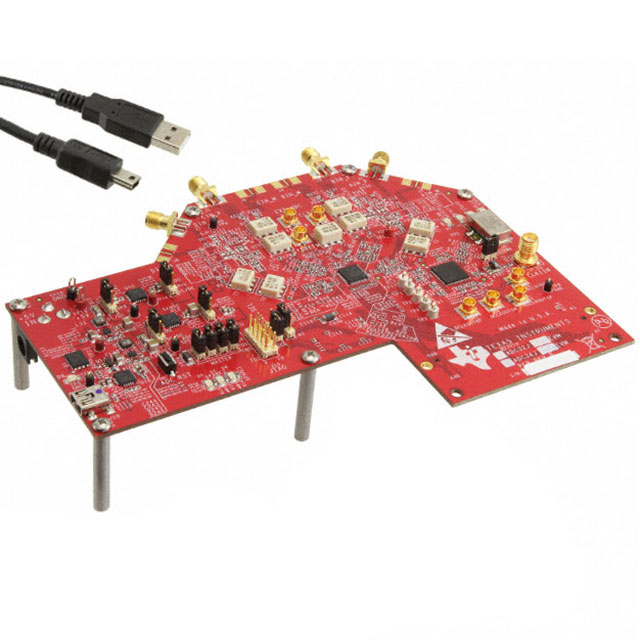
Top 10 Applications for Printed Circuit Boards
PCB (printed circuit board) is an important electronic component that finds wide applications in various fields. Most people immediately think of computers, but many other industries also use PCBs. Here's a brief look at a variety of industries where PCBs are commonly used today.
Top 10 Applications for Printed Circuit Boards
1. Computer & Business
Naturally, one of the most common PCB industries served is computers or business. PCBs appear in desktop and laptop computers as well as in virtually every office machine a business is likely to use. Computers often use rigid PCBs in areas vital to the device's functionality, such as the motherboard.
2. Medical Devices
Most medical devices use a high-density PCB, which is used to create the smallest and densest design possible. This helps to alleviate some of the unique constraints involved with developing devices for the medical field due to the necessity of small size and light weight. PCBs have found their way into everything from small devices, such as pacemakers, to much larger devices like X-ray equipment or CAT scan machines.
3. Industrial Machinery
PCBs are commonly used in high-powered industrial machinery. In places where current one-ounce copper PCBs do not fit the requirements, thick copper PCBs can be utilized instead. Examples of situations where thicker copper PCBs would be beneficial include motor controllers, high-current battery chargers, and industrial load testers.

4. Lighting
As LED-based lighting solutions catch on in popularity because of their low power consumption and high levels of efficiency, so too does aluminum-backed PCB which is used to make them. These PCBs serve as heat sinks and allow for higher levels of heat transfer than a standard PCB. These same aluminum-backed PCBs form the basis for both high-lumen LED applications and basic lighting solutions.
5. Automotive Industry
Modern cars are all equipped with onboard computers that manage all of their systems, from temperature control and navigation to safety features and entertainment. Because of the safety element involved in PCB applications for the automotive industry, automotive PCBs must be extremely reliable. PCBs serving automotive industries are frequently flex PCBs. These tend to be smaller with lighter weight, and more resistant to vibration.
6. Military & Defense
The safety and reliability requirements for automotive PCBs are magnified when it comes to military defense applications. The military may use PCBs for vehicles, networked computers, and defense applications. All of these require the highest level of security and reliability to protect military personnel and national security.
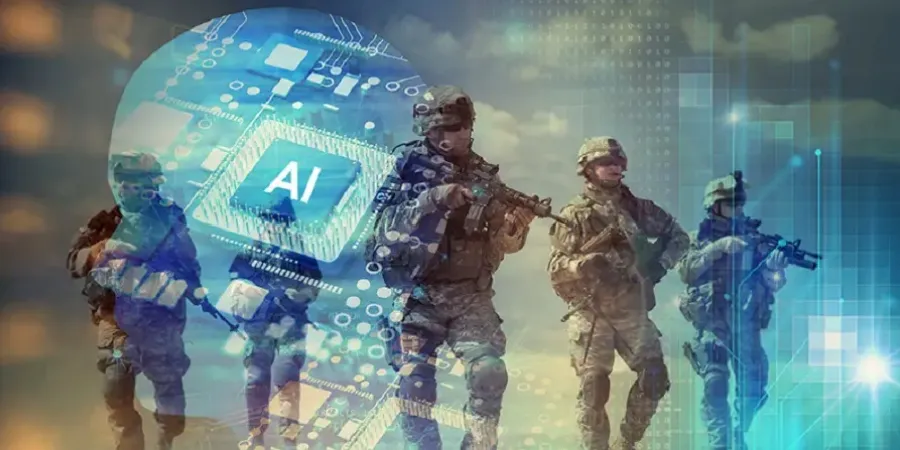
7. Telecommunications
Printed circuit boards are also common in the telecommunications industry. They can be applied in LED displays, high-frequency amplifiers, filtering devices, telephones, radios, satellite communications systems, and other data transmission equipment. PCB can provide reliable signal transmission paths and ensure accurate transmission of data.
8. Aerospace
PCBs are widely integrated into flight controls, safety systems, and instrument panels among others in the aerospace industry.
Like automotive applications, aerospace applications of PCB require great precision and durability. Jets and rockets often go through huge amounts of turbulence in their atmospheric journeys, meaning that a normal rigid PCB may endure enough stress to become damaged. To get around this, most aerospace manufacturers use flexible PCBs, which are light and small and resist vibration damage.

9. Consumer Electronics
Smartphones, iPads, and IoT devices such as smart speakers are some of the most common devices that require PCBs. Household electronics such as microwaves and refrigerators also rely on PCBs. PCBs used in devices such as smartphones and home assistants need to be small, with a high density of connections, due to the wide-ranging and complex demands of the device.
10. Other Applications
PCBs are used in hundreds of applications across several industries beyond those listed above. A few examples include the following:
Marine Applications: both underwater and sailing applications are common places to find PCBs. PCBs often control the navigation, engine management, and power distribution systems used on sailing vessels.
Security Applications: security systems in and around homes and businesses make use of PCBs to coordinate the various components and signals used to detect the presence of an intruder. Smoke, fire, and burglar alarms all use PCBs, as do electronic door locks and motion sensors.
Instrumentation: in scientific research and industrial production, various precision instruments and meters are required. PCB circuit boards can provide a stable signal path and ensure accurate measurement and recording of data.
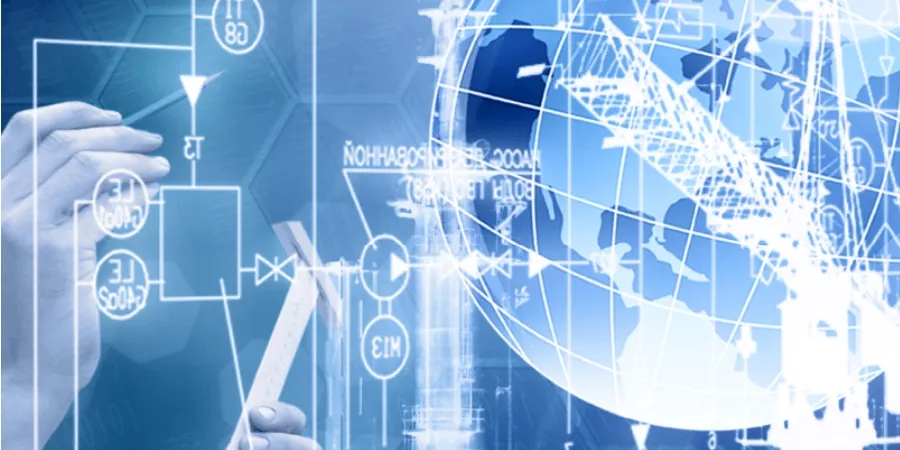
In a word, industry applications for printed circuit boards are limitless and expanding all the time. With the continuous development of technology, more innovations and applications of PCBs will appear in the future. If you are interested in PCBs, we have been working with manufacturing partners in China to supply high-quality PCBs for over 15 years. You are welcome to get in touch with us to hear more.



